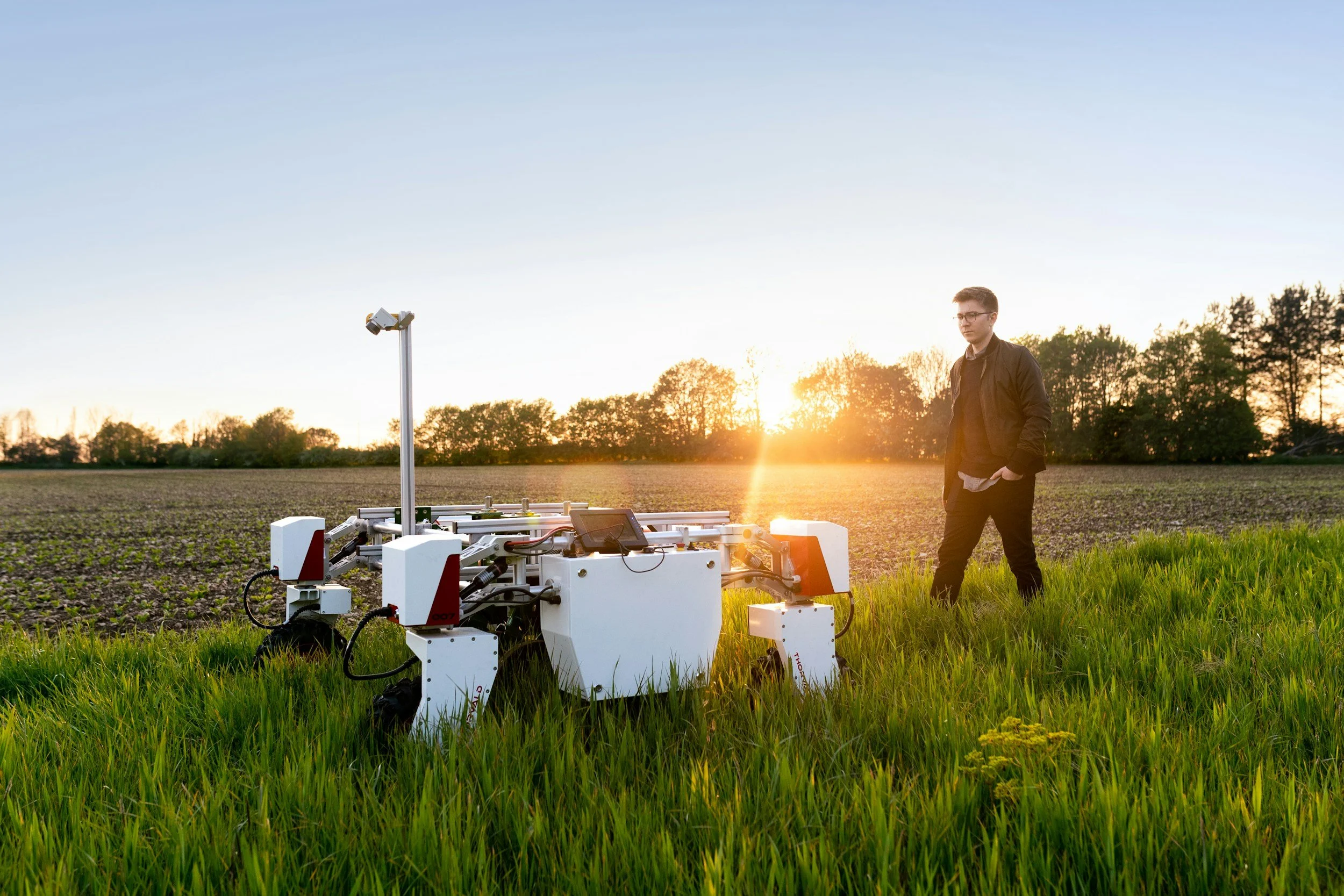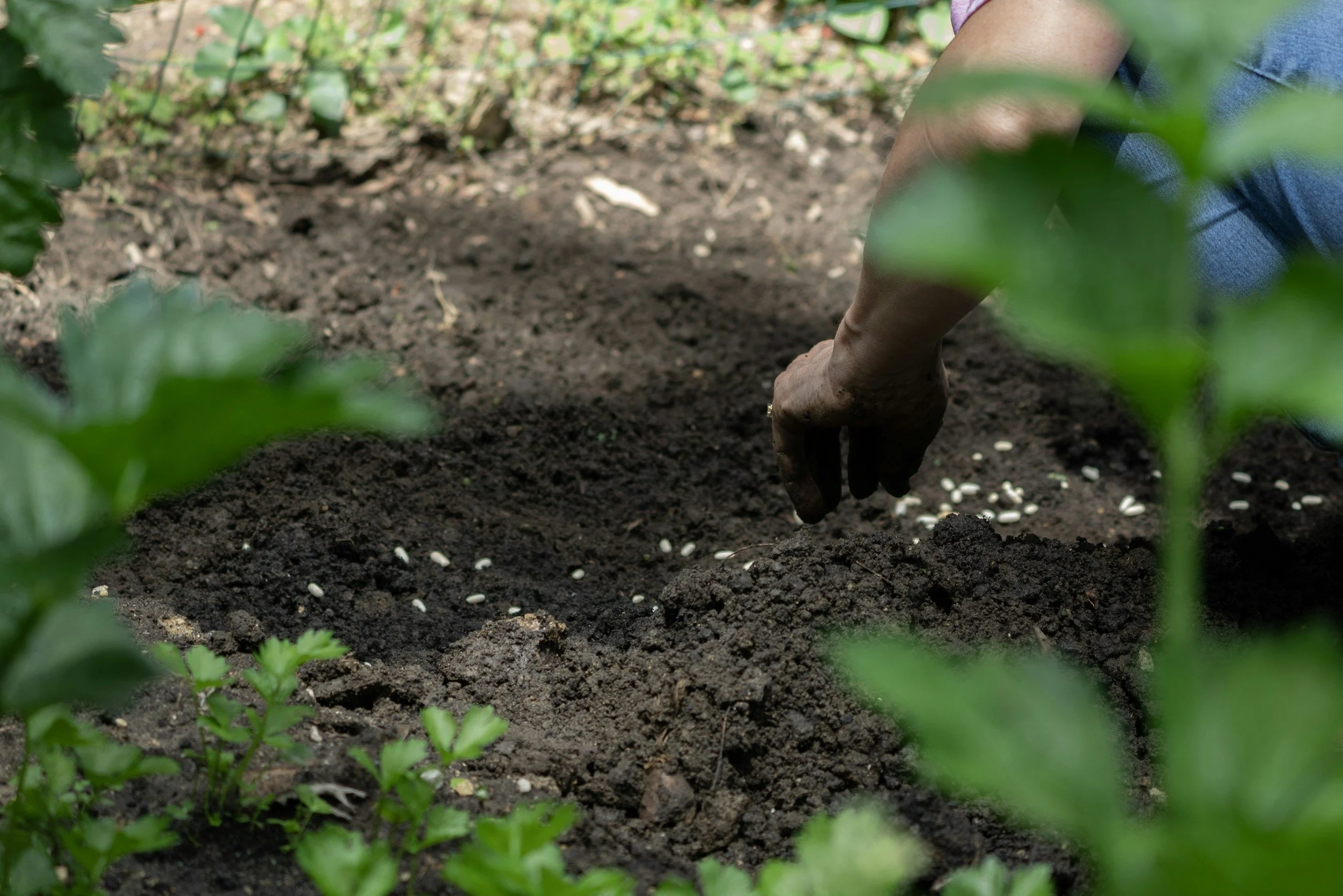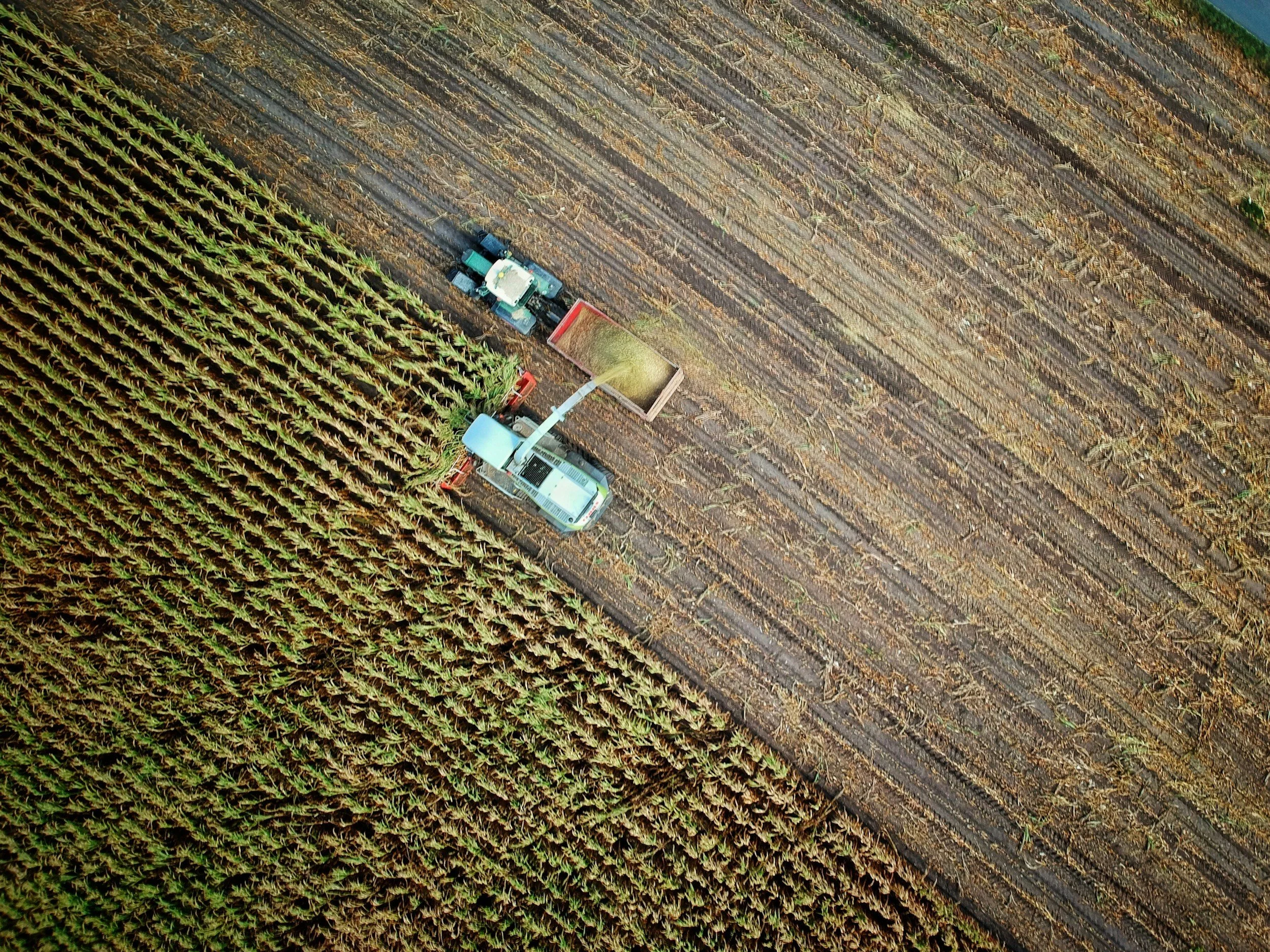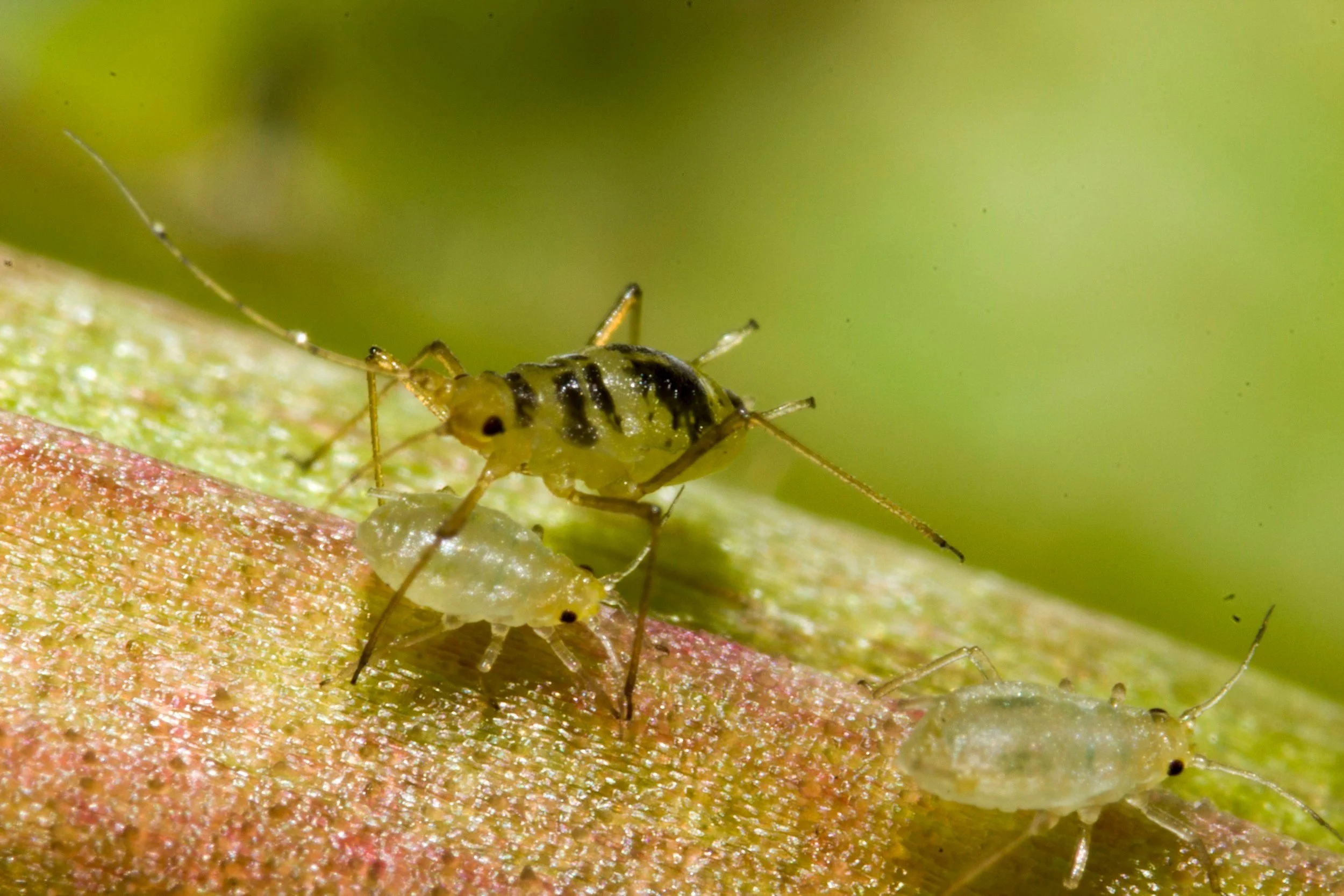Revisiting our collective past with a stroll through community gardens
/(part 2 of 2)
Sometimes, community gardens have the power to embody our collective memories of the past. While they can enable us to build new relationships and create opportunities to sustain a more food-secure future, they also tell us something about the struggles, strengths, and legacy of generations ago.
I explored some of these issues in an interview with Pastor Willie Wilson of Anacostia’s Union Temple Baptist Church on June 24th, the occasion of the 2017 opening of the church’s community garden to the public. The community garden at UTBC is a partnership between the University of the District of Columbia and the 11th St Bridge Project. Besides serving as a gathering point for the local community, it also provides a means to promote some of the ethics embodied by the church, most prominently spiritual development, fellowship, communication, and the uplift of marginalized African-American communities in the metro Washington, D.C. area.
Our interview quickly took on the overtones of a series of stories of past injustices, struggles of the present, and an unvarnished, if bleak view of at the future should the status quo remain in place, told through the lens and the experience of a man who has lived, worked, preached, and fought for this community for over 31 years as the lead pastor of UTBC.
Read More









































